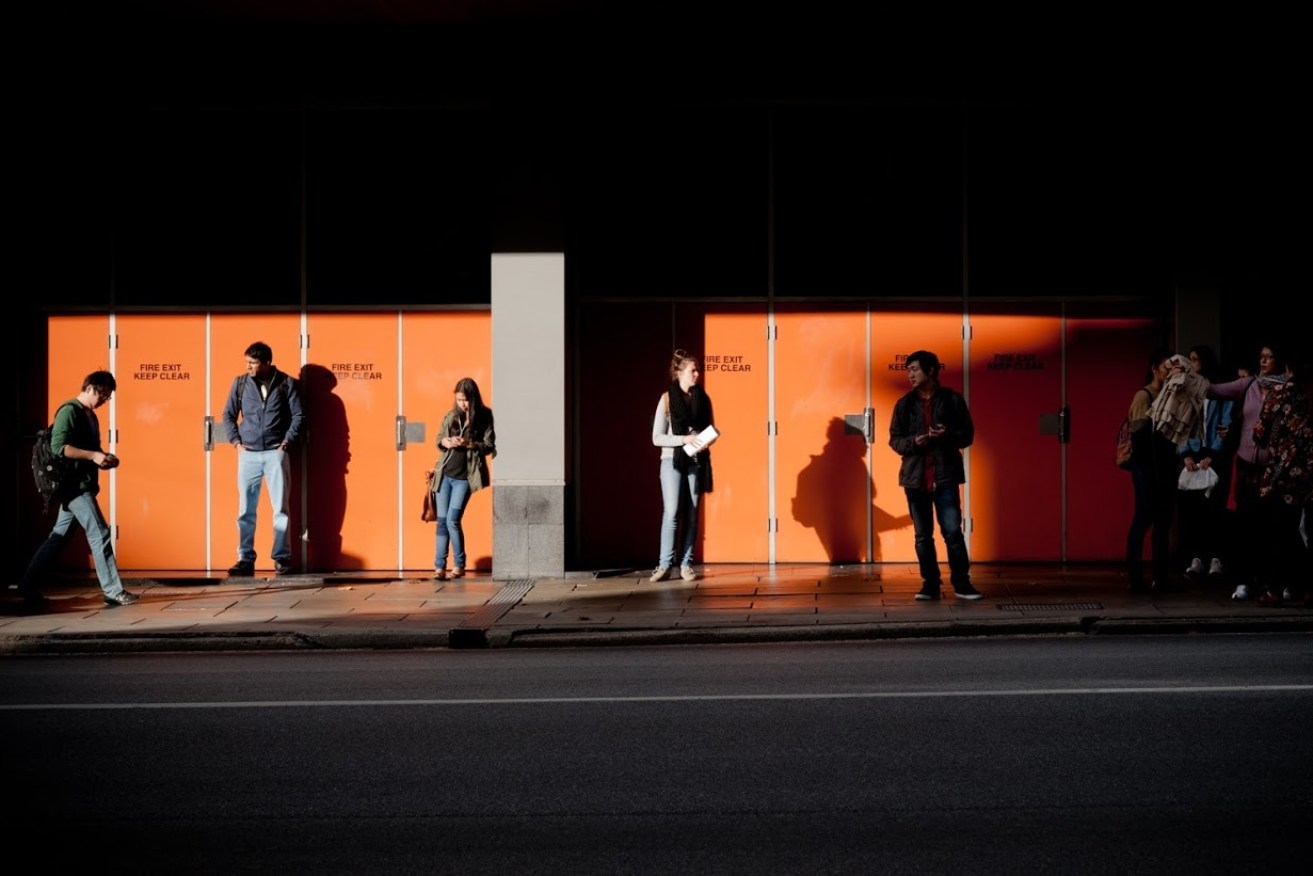The social war on Australia’s youth
Australia’s young people are not only destined to be poorer than their parents, they are also being subjected to punitive government policies and attacks from the media and business, argues Malcolm King.

South Australia’s young people will inherit a much less prosperous economy than the one enjoyed by their parents and grandparents.
Youth unemployment in South Australia is around 16 per cent but, in real terms, it’s closer to 20 per cent. In some areas within the City of Playford, it’s around 40 per cent. That’s seven points higher than the overall jobless rate in the dark days of Great Depression in 1932.
Young people (15-24) have watched as generations before them were showered with one-off seniors’ payments, indexed pensions in line with average male earnings, tax exemptions on family homes and superannuation tax breaks, while house prices skyrocketed.
According to the Grattan Institute report, The wealth of generations (2014), despite the global financial crisis, households aged between 65 and 74 today are $200,000 wealthier than households of that age eight years ago. Meanwhile, the wealth of households aged 25 to 34 has gone backwards. Wherever neoliberal ideas have taken root, it’s the young who have withered.
Less than half of 25-34-year-olds now own their own home, compared to 61 per cent in 1981, according to a report by the Australian Housing and Urban Research Institute.
Currently, legislation is sitting in the Federal Parliament that will prevent unemployed people aged under 30 from accessing Newstart for six months. Apprentices will lose nearly a billion dollars from the abolition of the “Tools For Your Trade” program and university graduates may have to contribute more to, or accelerate, their repayment of higher education loans, by $4.3 billion, over the next four years.
The notion that young people might have problems has mutated into a prevailing belief that young people are the problem.
The eligibility for the Newstart Allowance and Sickness Allowance has increased to 25 years of age for new applicants. Young job seekers aged 22-24 years will receive the lesser Youth Allowance until they turn 25. It’s mind-boggling stuff. So people who are 24 don’t need to eat as much as people who are 25?
University students will no longer be eligible for a 10 per cent discount on their university fees if they pay up front under legislation introduced by the Turnbull government. There is also a raft of dodgy private training colleges who are ripping students off for millions of dollars, ensuring young people carry a VET-FEE debt for many years, further handicapping their chances of getting a mortgage.
Work for the Dole, the casualisation of the workforce, the deregulation of university fees and mounting HECS and VET debts, are all burdens young people carry which their parents and grandparents did not. From 1970-1997, average full-time earnings grew at roughly the same pace as house prices. Since then, while average earnings have grown by 27 per cent, house prices have grown by a colossal 121 per cent.
Adelaide’s three universities are enrolling students without any recognition that the job market has nose-dived. These degree factories treat students as walking dollar signs. Graduate and postgraduate students can use their parchments as fly swatters as they register for the dole.
Then there are the payday loan scammers who specifically target young people with extortionate rates of interest – up to 240 per cent when calculated as an annual rate. Young people are using them to pay power bills and buy food. The loans are designed to keep them hooked on borrowing.
When the young complain, they are attacked by the media and business lobby groups. They are called “extremists” and “unAustralian” – the same language we use to describe terrorists. They are stereotyped with labels such as the “narcissistic generation”. They are called slackers, spongers and bludgers who are unable or unwilling to get or hold down a job.
The notion that young people might have problems has mutated into a prevailing belief that young people are the problem.
In the 2013 federal election, almost half of the people enrolled to vote were aged 50 and over. There is already a reactionary element of older voters in Adelaide’s leafy eastern suburbs who strongly resist building apartments for young people in their neighbourhood, let alone policies that reduce superannuation and pension entitlements. But many undoubtedly care about the welfare of the next generation.
Our future requires the kind of radical re-evaluation that only the young can effect. But while figures like the young Scottish National Party MP Mhairi Black may offer a glimmer of hope in the UK, in Australia young people are portrayed as victims or problems when they are the solution.
Malcolm King works in generational change and is an Adelaide writer.




